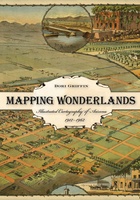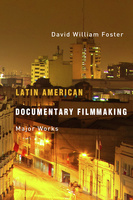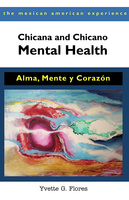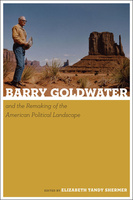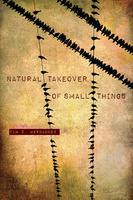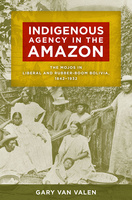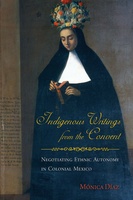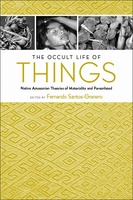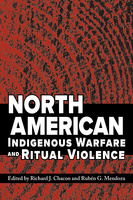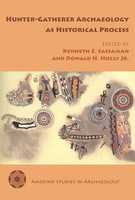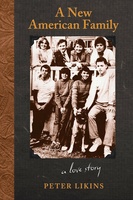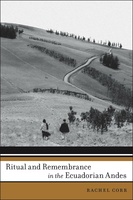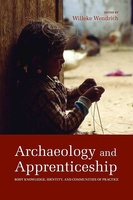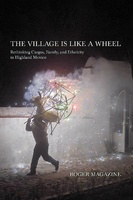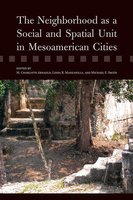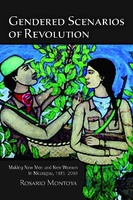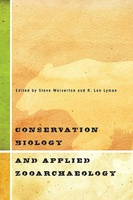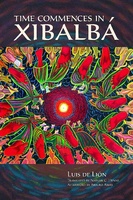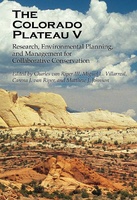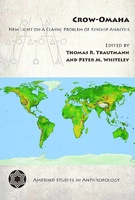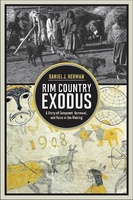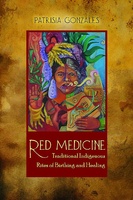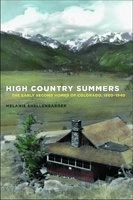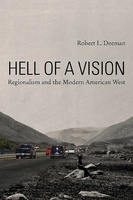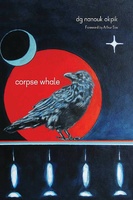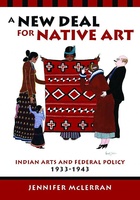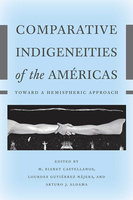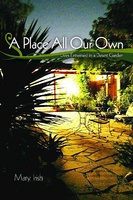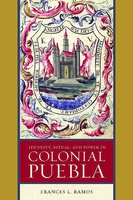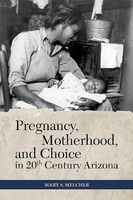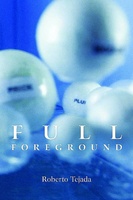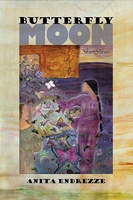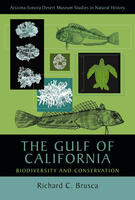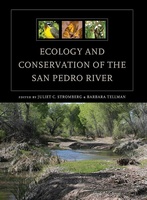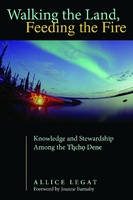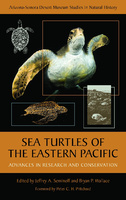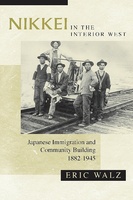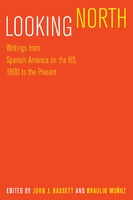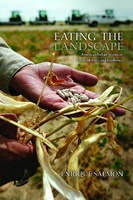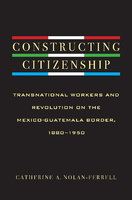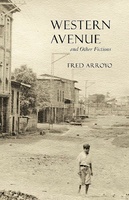The University of Arizona Press is the premier publisher of academic, regional, and literary works in the state of Arizona. They disseminate ideas and knowledge of lasting value that enrich understanding, inspire curiosity, and enlighten readers. They advance the University of Arizona’s mission by connecting scholarship and creative expression to readers worldwide.
Mapping Wonderlands
Illustrated Cartography of Arizona, 1912–1962
Latin American Documentary Filmmaking
Major Works
Chicana and Chicano Mental Health
Alma, Mente y Corazón
Chicana and Chicano Mental Health offers a model to understand and to address the mental health challenges and service disparities affecting Mexican immigrants and Mexican Americans/Chicanos. Yvette G. Flores, who has more than thirty years of experience as a clinical psychologist, provides in-depth analysis of the major mental health challenges facing these groups: depression, anxiety disorders, including post-traumatic stress disorder, substance abuse, and intimate partner violence.
Neandertal Lithic Industries at La Quina
Crafting History in the Northern Plains
A Political Economy of the Heart River Region, 1400–1750
Senegal Taxi
Leaving Tulsa
Red-Inked Retablos
In the Mexican Catholic tradition, retablos are ornamental structures made of carved wood framing an oil painting of a devotional image, usually a patron saint. Acclaimed author and essayist Rigoberto González commemorates the passion and the pain of these carvings in his new volume Red-Inked Retablos, a moving memoir of human experience and thought. The collection offers an in-depth meditation on the development of gay Chicano literature and the responsibilities of the Chicana/o writer.
Rebozos de Palabras
An Helena María Viramontes Critical Reader
Orientalism and Identity in Latin America
Fashioning Self and Other from the (Post)Colonial Margin
Barry Goldwater and the Remaking of the American Political Landscape
Natural Takeover of Small Things
Indigenous Agency in the Amazon
The Mojos in Liberal and Rubber-Boom Bolivia, 1842–1932
Indigenous Writings from the Convent
Negotiating Ethnic Autonomy in Colonial Mexico
The Occult Life of Things
Native Amazonian Theories of Materiality and Personhood
North American Indigenous Warfare and Ritual Violence
Hunter-Gatherer Archaeology as Historical Process
A New American Family
A Love Story
Ritual and Remembrance in the Ecuadorian Andes
Archaeology and Apprenticeship
Body Knowledge, Identity, and Communities of Practice
The Village Is Like a Wheel
Rethinking Cargos, Family, and Ethnicity in Highland Mexico
The Neighborhood as a Social and Spatial Unit in Mesoamerican Cities
Gendered Scenarios of Revolution
Making New Men and New Women in Nicaragua, 1975–2000
Conservation Biology and Applied Zooarchaeology
Time Commences in Xibalbá
The Colorado Plateau V
Research, Environmental Planning, and Management for Collaborative Conservation
Crow-Omaha
New Light on a Classic Problem of Kinship Analysis
Rim Country Exodus
A Story of Conquest, Renewal, and Race in the Making
Red Medicine
Traditional Indigenous Rites of Birthing and Healing
Patrisia Gonzales addresses “Red Medicine” as a system of healing that includes birthing practices, dreaming, and purification rites to re-establish personal and social equilibrium. The book explores Indigenous medicine across North America, with a special emphasis on how Indigenous knowledge has endured and persisted among peoples with a legacy to Mexico.
High Country Summers
The Early Second Homes of Colorado, 1880–1940
Forced Marches
Soldiers and Military Caciques in Modern Mexico
Hell of a Vision
Regionalism and the Modern American West
Corpse Whale
A New Deal for Native Art
Indian Arts and Federal Policy, 1933-1943
Comparative Indigeneities of the Américas
Toward a Hemispheric Approach
A Place All Our Own
Lives Entwined in a Desert Garden
Pregnancy, Motherhood, and Choice in Twentieth-Century Arizona
Full Foreground
Butterfly Moon
Short Stories
Ecology and Conservation of the San Pedro River
We Will Secure Our Future
Empowering the Navajo Nation
Walking the Land, Feeding the Fire
Knowledge and Stewardship Among the Tlicho Dene
Sea Turtles of the Eastern Pacific
Advances in Research and Conservation
The oceanographic conditions that make this an epicenter of sea turtle activity promote massive artisanal and industrial fishing efforts that, coupled with illegal harvesting of eggs and turtles, have led to declines of several turtle populations in the region. The essays and stories in Sea Turtles of the Eastern Pacific describe for the first time the history of this exploitation, as well as recent sea turtle conservation initiatives and scientific research in the region.
Nikkei in the Interior West
Japanese Immigration and Community Building, 1882–1945
Looking North
Writings from Spanish America on the US, 1800 to the Present
Editors John J. Hassett and Braulio Muñoz present a collection of writings that provides a look into the ways in which Spanish America has viewed its northern neighbor over the past two centuries.
Eating the Landscape
American Indian Stories of Food, Identity, and Resilience
“Eating is not only a political act, it is also a cultural act that reaffirms one’s identity and worldview,” Enrique Salmon writes in Eating the Landscape. Traversing a range of cultures, including the Tohono O’odham of the Sonoran Desert and the Rarámuri of the Sierra Tarahumara, the book is an illuminating journey through the southwest United States and northern Mexico. Salmon weaves his historical and cultural knowledge as a renowned indigenous ethnobotanist with stories American Indian farmers have shared with him to illustrate how traditional indigenous foodways—from the cultivation of crops to the preparation of meals—are rooted in a time-honored understanding of environmental stewardship.
Constructing Citizenship
Transnational Workers and Revolution on the Mexico-Guatemala Border, 1880--1950
Western Avenue and Other Fictions
In this soulful collection of short stories, Arroyo shows us internal and external conflicts that are deeply rooted in—and affected by—place. A bodega, a university town, a factory, a Chicago street, some dusty potato fields: here is where we encounter ordinary people who work, dream, love, and persist in the face of violence, bereavement, disappointment, and loss—particularly the loss of mothers, fathers, and loved ones.


